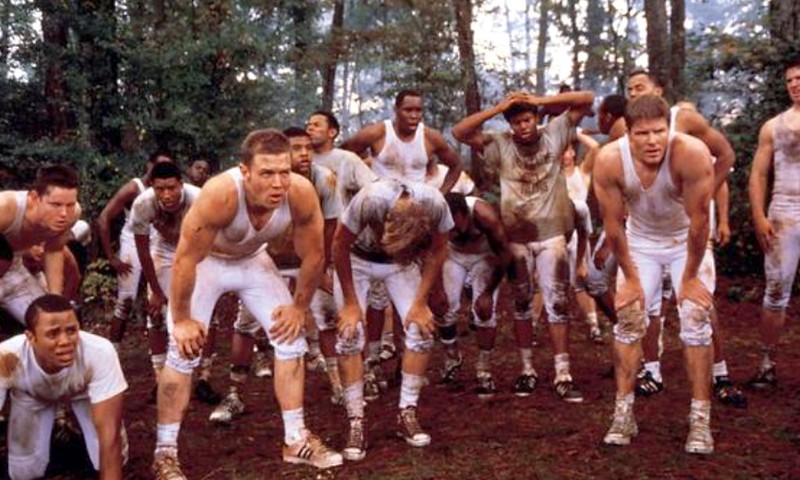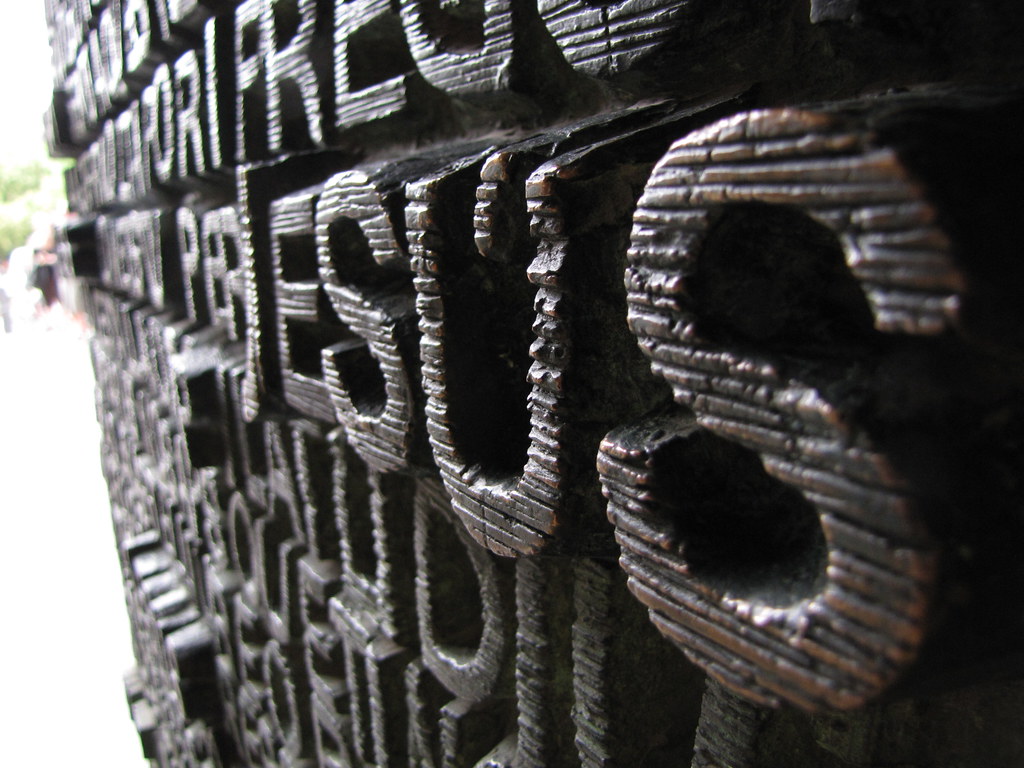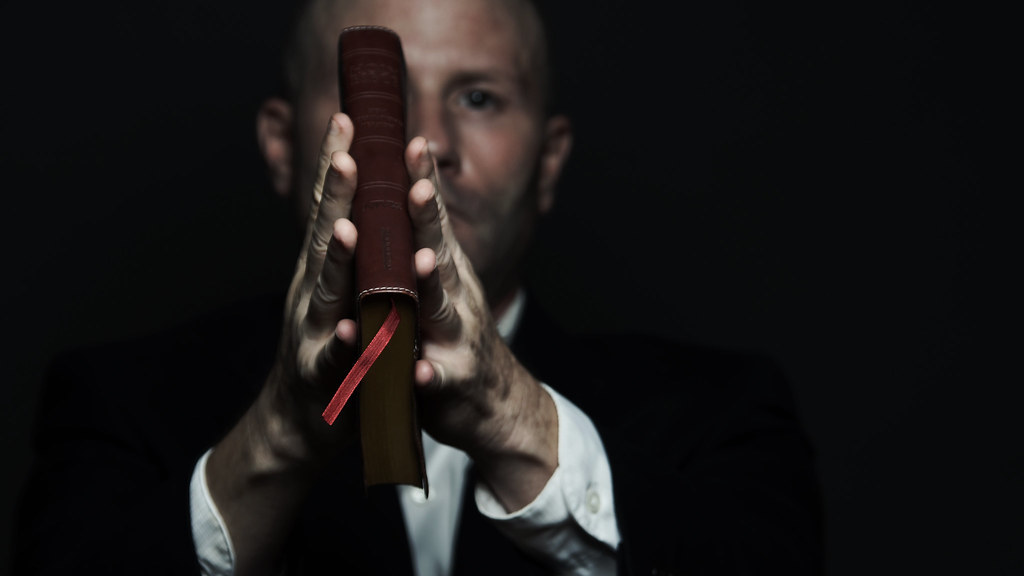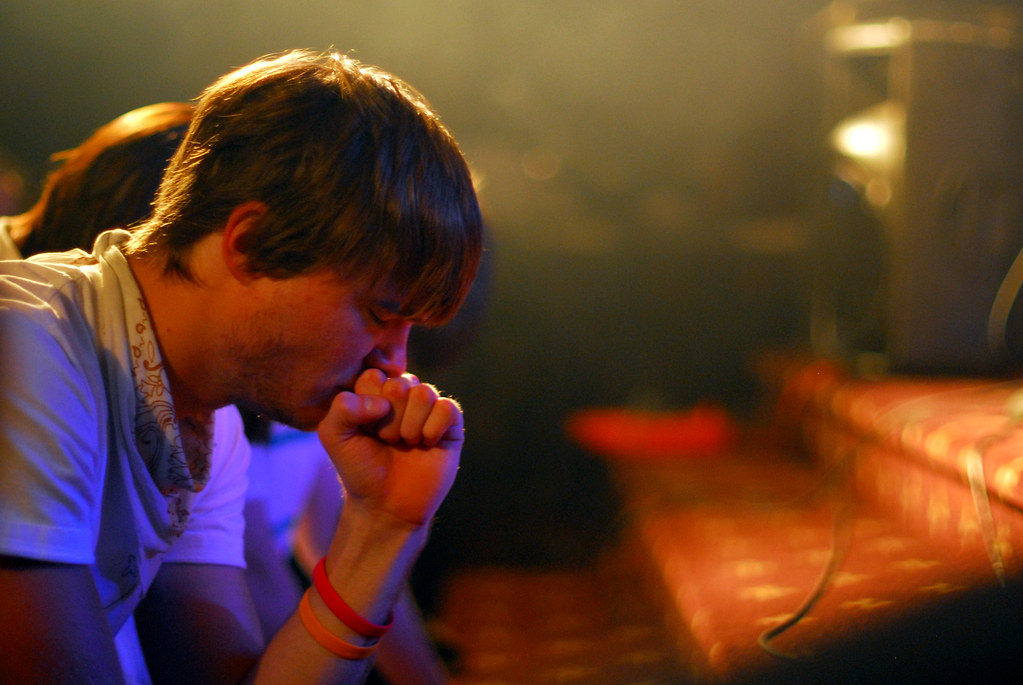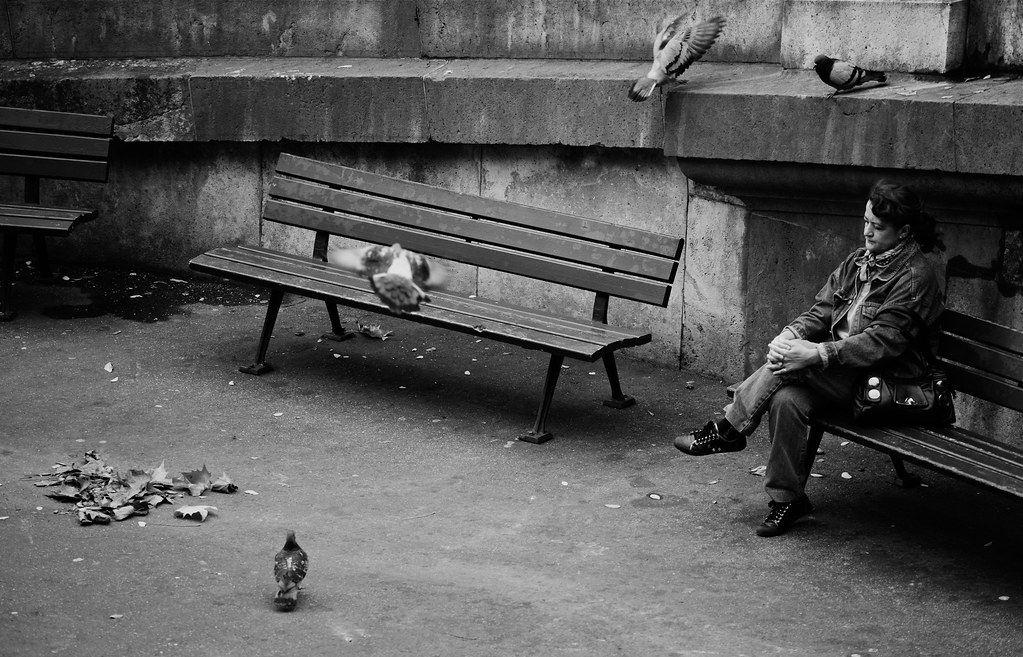 Our initial understanding of who Jesus is must begin with the fact that God created, and is in charge, of the whole world. When He had finished creating the world He looked at it and saw it was all very good. With that in mind God had created humans, in His own likeness, to care for and be responsible for the world. God is the ruler, because he is the creator, humankind was created to live under his good reign. This way was perfect – God is completely good and under his rule humans were the best cared for they could ever imagine.
Our initial understanding of who Jesus is must begin with the fact that God created, and is in charge, of the whole world. When He had finished creating the world He looked at it and saw it was all very good. With that in mind God had created humans, in His own likeness, to care for and be responsible for the world. God is the ruler, because he is the creator, humankind was created to live under his good reign. This way was perfect – God is completely good and under his rule humans were the best cared for they could ever imagine.But unfortunately humankind desired to rule itself, to have their own knowledge of good and evil, and to try and fend for themselves. If we’re all honest with ourselves we must confess we are still like this today. We look out for ourselves, thinking we know what is best for our own lives. In that sense we have all rebelled against the God who created us, the One who’s original plan of his rule and guidance provided the best environment for us. Today we live in a world infected by the long history of humankind’s rebellion.
 But God loves His creation, especially those He made in His own image. So much so that our rebellion affects Him greatly, He must take it seriously. In creating the world good God created it within the ways of His own nature, and His nature is completely holy – that is without a trace of evil or badness – so humankind’s rebellion cannot continue to be tolerated. God is completely right to hold humans to account for their rebellion, in doing so He gives humans the environment they have been trying to create for themselves, a place without Him. Our rebellion means that we will be separated from God. Living in His creation as we are now means we still have some connection with Him, even if we do not acknowledge it. In the judgement for our rebellion God will cut us off from Him, entirely and eternally. Humans cannot grasp how horrible this will be as it is something they have yet to experience. However it is something we all face, because we have all rebelled against God.
But God loves His creation, especially those He made in His own image. So much so that our rebellion affects Him greatly, He must take it seriously. In creating the world good God created it within the ways of His own nature, and His nature is completely holy – that is without a trace of evil or badness – so humankind’s rebellion cannot continue to be tolerated. God is completely right to hold humans to account for their rebellion, in doing so He gives humans the environment they have been trying to create for themselves, a place without Him. Our rebellion means that we will be separated from God. Living in His creation as we are now means we still have some connection with Him, even if we do not acknowledge it. In the judgement for our rebellion God will cut us off from Him, entirely and eternally. Humans cannot grasp how horrible this will be as it is something they have yet to experience. However it is something we all face, because we have all rebelled against God.
Yet God had such a great love for humans that He acted to save us from our rebellion and our fate. That is who Jesus is! He is only Son of God – divine Himself He is God, but He came to earth as a human, experienced the entirety of human life, but He never rebelled from God’s way. Jesus is the only human to ever live who did not deserve to die or be judged for humankind’s rebellion. The entire story of the Bible, right from the creation stories in Genesis, point to Jesus coming to fulfill the revelation of God and the salvation for humankind. Jesus did die. Jesus allowed Himself to be arrested, beaten and hung on a cross in the most brutal form or execution. He did this because He was substituting Himself in our place, taking that judgement from God for rebellion, He felt the disconnect from God, He experienced the punishment for sin. All so we could have a way not to, so we could experience forgiveness and a right relationship with God.

That is something we simply do not deserve, but because of Jesus we experience grace. God saw that Jesus’ substitutionary sacrifice was good. Because Jesus was human and never rebelled He could stand in the place of judgement innocent, and because Jesus was God He could choose to accept the punishment for all of His creation. Since His sacrifice was good God raised Him from the dead and the risen Jesus represents once again what humanity was always suppose to be – created to live under the rule of God with no rebellion.
Understanding who Jesus is brings us to a point of decision. Will we continue to live our own way, rebelling against God? Or will we choose to accept Jesus’ substitutionary sacrifice and live under His rule with faith in Him? One decision will lead to being eventually cut off from good forever and one will lead to forever living just as God first created us torebellion. God appointed Jesus as King and Lord over all creation. He is now the one who judges rebellion and He offers humankind new life in His name. This new life comes through faith in Jesus to save us, to realise that He did substitute Himself for us, and that He is the King and ruler of the world. The reward is to become like Him, a human who lives forever under the good rule of God.

